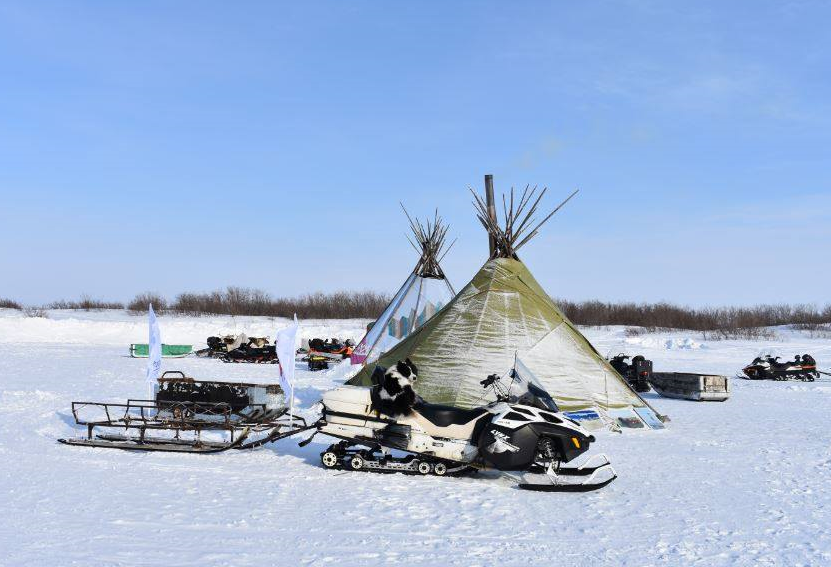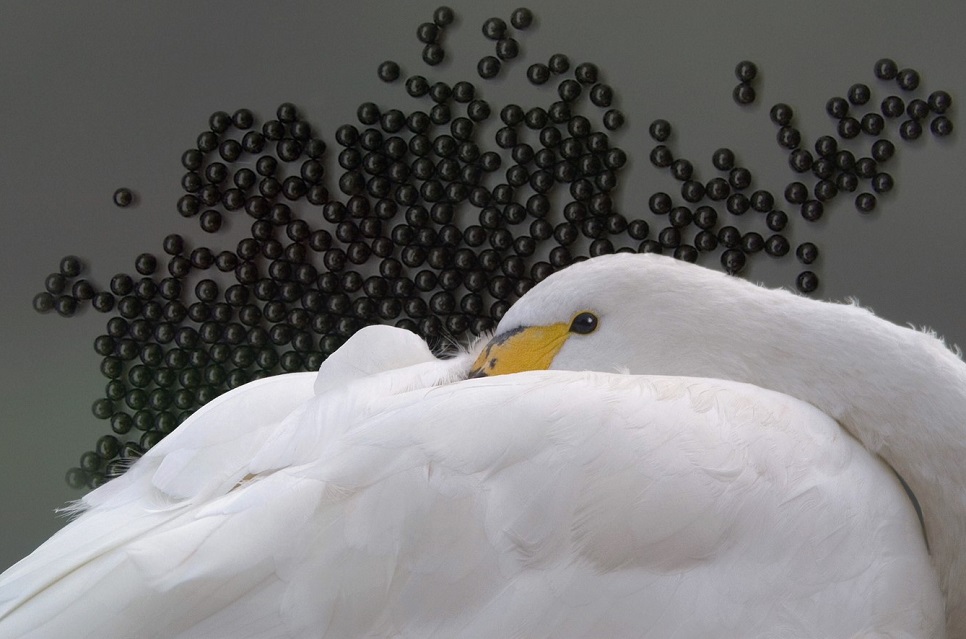Bewick’s Swan Champion Workshop in Russia
(Photo above by Yury Tyulibayev)
Last week, WWT's 'Team Swan' ventured to the Russian Arctic to participate in a workshop we had jointly organised with our Russian partners.
The meeting was to plan activities that champion Bewick’s swans and their wetland habitats and reduce their hunting. Creative and practical ideas were discussed with energy and enthusiasm in what was a very inspiring day!
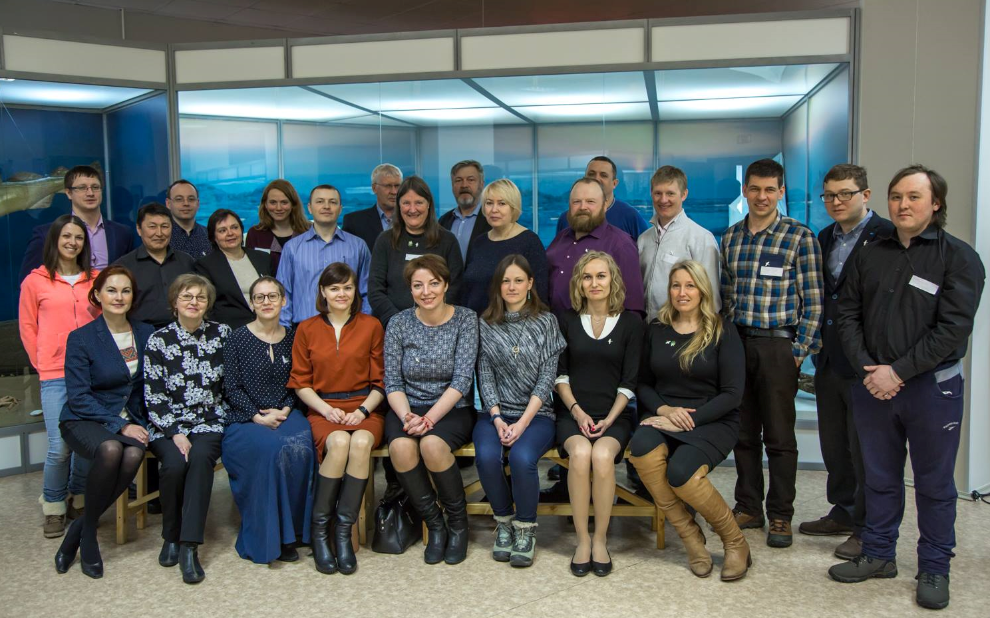
Representatives from the Department of Natural Resources, tourism agencies, the Association of the Nenets People “Yasavey”, the Nenets Museum of Local Lore and Russian and British conservation organisations joined forces to develop an action plan that will help secure the future of the endangered Northwest European Bewick’s Swan in their Russian Arctic breeding grounds. Participants also heard about activities being undertaken to reduce threats in different countries across their migratory flyway and everyone was very excited to see the trailer for the forthcoming Flight of the Swans film! There was a real sense of pride among participants as incredible aerial footage of the tundra, the communities and Bewick’s swans beamed across the room.
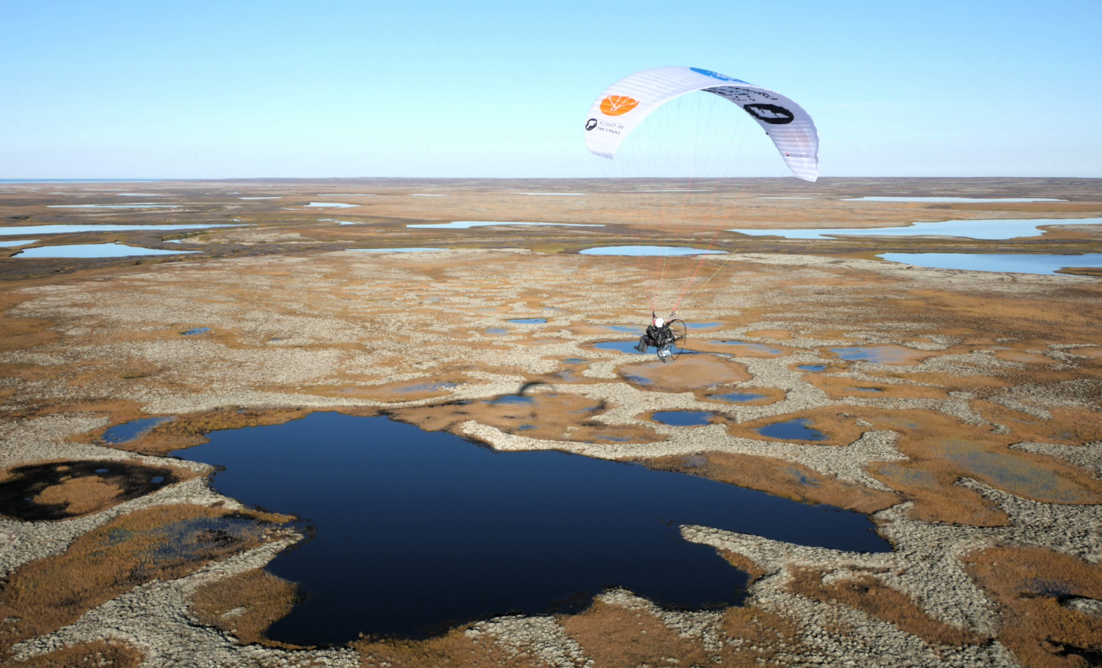
Plans include guides which will help hunters to understand which species are huntable and which are protected, educational resources so that children can learn about Bewick’s swans, migratory waterbirds and wetlands, a travelling swan art exhibition which will be taken to remote villages in the Nenets Autonomous Okrug and Arkhangelsk Oblast and an international hunter exchange programme so that knowledge and experiences of best hunting practices can be shared. A working group involving Russian partners and WWT will be established to take forward these exciting activities so we look forward to telling you more as they roll out.
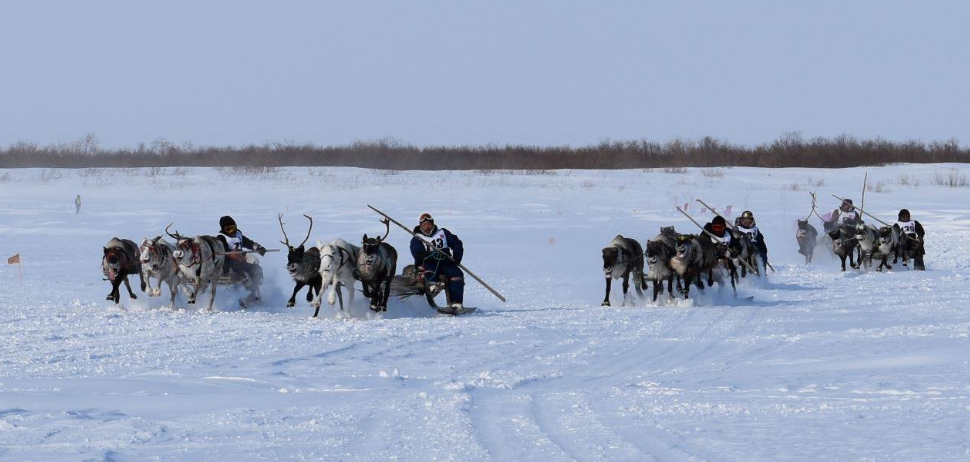
Our workshop coincided with the annual reindeer races which made for an interesting day! Every year, the Nenets (indigenous people of this region) gather and race their reindeer down the frozen river in what is one of the most important days in their cultural calendar. The success of this work will very much depend upon help from the local communities and they will have an important role in taking activities forward.
